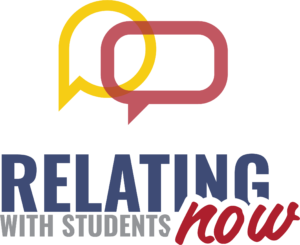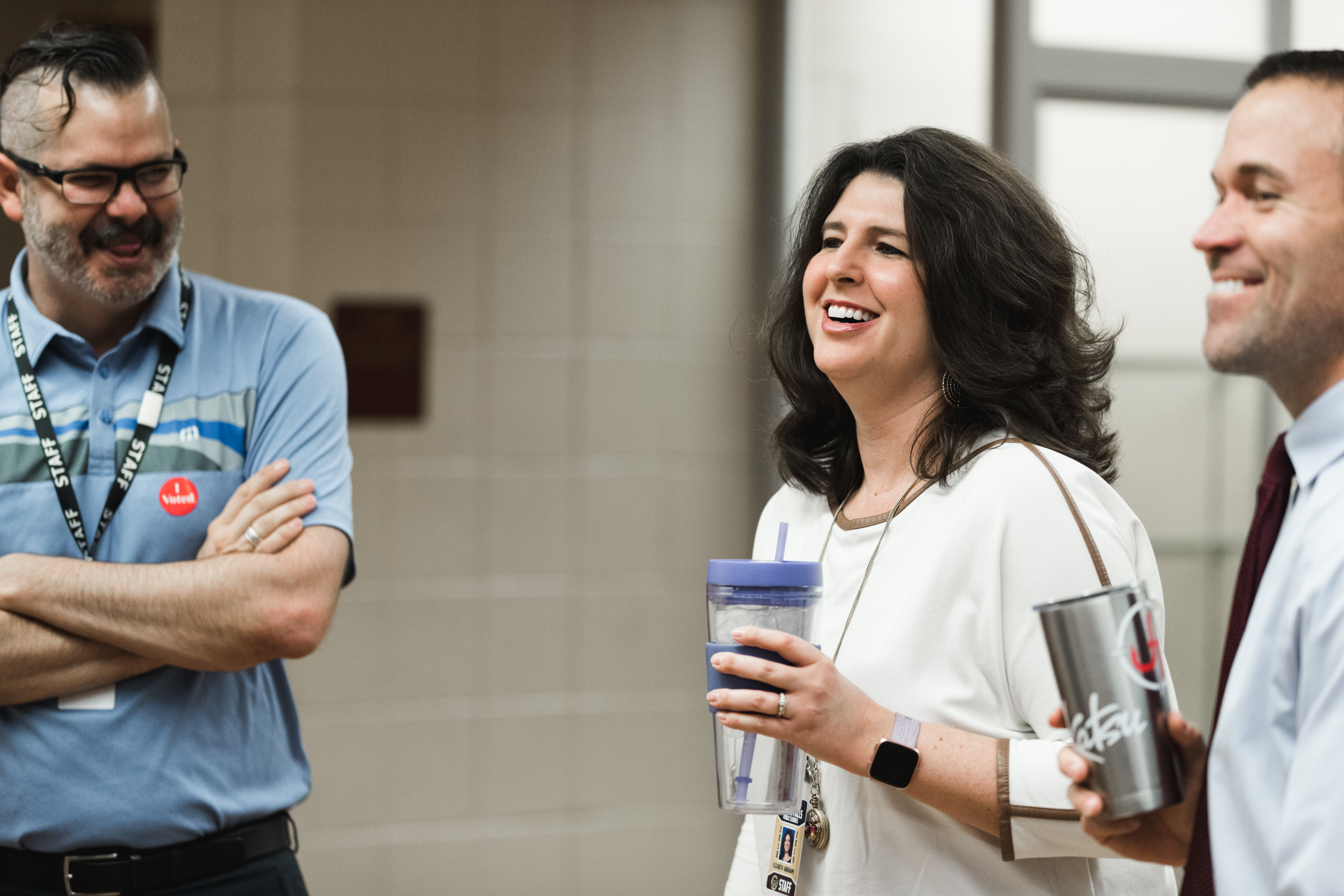Teachers have long built relationships with students. But the importance and depth of those relationships are becoming even more critical to the ability for today’s students to learn, engage and achieve.
 “Our first job as teachers is to make sure that we learn our students, that we connect with them on a real level, showing respect for their culture and affirming their worthiness to receive the best education possible,” said James Ford, the 2015 North Carolina State Teacher of the Year, and author of “Why Teacher-Student Relationships Matter.”
“Our first job as teachers is to make sure that we learn our students, that we connect with them on a real level, showing respect for their culture and affirming their worthiness to receive the best education possible,” said James Ford, the 2015 North Carolina State Teacher of the Year, and author of “Why Teacher-Student Relationships Matter.”
The concept has become a key focus in research. This year, MREA will gather educators, administrators, school board members and other advocates across the state to dig into the power of relationship building and how educators are getting results at the 2019 Annual Conference. Share your perspective and what you’re doing.
The need for stronger and deeper relationships between students and teachers is clear. Here’s a look at some key research on Teacher-Student Relationships (TSRs):
- Higher student engagement in school.
A 2016 review of 46 studies in education, psychology, and social sciences found that better quality TSRs led to enhanced engagement in school. This engagement spread across multiple indicators of student engagement, such as psychological engagement, academic grades, school attendance, disruptive behaviors, suspension, and dropout. Quin, D. Educational Research. Learn more - Higher student achievement.
John Hattie, in the 2009 Visible Learning analysis of 800 education studies, reported that Teacher-Student Relationships had a high (.72) effect on achievement. Learn more - Mindset matters.
The mindset behind a teacher’s motivation and approach to building teacher-student relationships matters, whether “…purely as a means of improving their behavior and effort on teacher directed tasks….or to form more holistic and reciprocal relationships with students.” Victoria Theisen-Homer, Education Week. Learn more - Increases teacher satisfaction.
Teachers’ joy and satisfaction with teaching has been shown to be related to enhanced TSRs. In a 2015 study of 132 secondary teachers, …” analysis revealed that the interpersonal relationship formed between teachers and students was the strongest predictor for teachers’ joy (positive relation) and anxiety (negative relation), whereas lack of discipline in class best predicted teachers’ anger experiences.” Learn more
Cultural Shift
The importance of relationships to today’s students may also be due to larger cultural shifts as Generation Z students (born 1995-2010) make up nearly all of today’s E-12 students. Generation Z, the first digital natives, are comfortable in virtual-Internet relationships and face-to-face relationships. This broadens their perspectives greatly over previous generations of students.
As a result, based on research into this generation, Mckinsey & Company characterizes Generation Z as “Communaholic,” and “Dialoguer.” Learn more.
Generation Z …
- Seek truth through community
- Are inclusive of multiple perspectives
- Believe that problems can be solved through dialogue rather than confrontation
- Are fluid in their personal identities
- Seek to reveal the truth behind all things
The combination of the education research and larger cultural trends point clearly to the importance of teacher-student relations that are deep, multi-faceted, and build community within classrooms, schools, and beyond the confines of the traditionally defined “school day.”
What are you doing?
Share what you’ve found and how you are building relationships with students at the MREA Annual Conference. Learn more and submit a proposal for a workshop.





